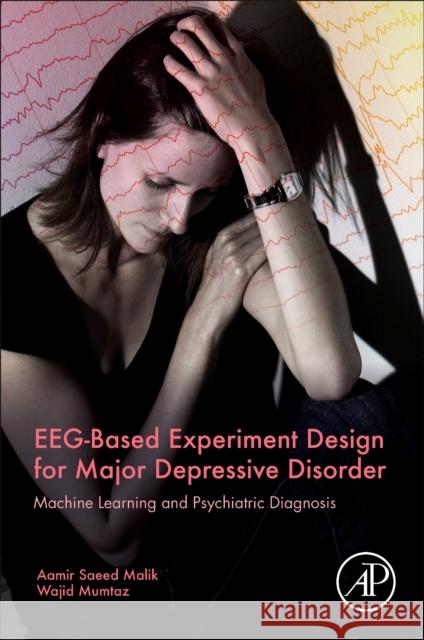Eeg-Based Experiment Design for Major Depressive Disorder: Machine Learning and Psychiatric Diagnosis » książka
topmenu
Eeg-Based Experiment Design for Major Depressive Disorder: Machine Learning and Psychiatric Diagnosis
ISBN-13: 9780128174203 / Angielski / Miękka / 2019 / 254 str.
Eeg-Based Experiment Design for Major Depressive Disorder: Machine Learning and Psychiatric Diagnosis
ISBN-13: 9780128174203 / Angielski / Miękka / 2019 / 254 str.
cena 560,94
(netto: 534,23 VAT: 5%)
Najniższa cena z 30 dni: 556,35
(netto: 534,23 VAT: 5%)
Najniższa cena z 30 dni: 556,35
Termin realizacji zamówienia:
ok. 16-18 dni roboczych.
ok. 16-18 dni roboczych.
Darmowa dostawa!
Kategorie:
Kategorie BISAC:
Wydawca:
Academic Press
Język:
Angielski
ISBN-13:
9780128174203
Rok wydania:
2019
Ilość stron:
254
Waga:
0.43 kg
Wymiary:
22.61 x 15.24 x 1.52
Oprawa:
Miękka
Wolumenów:
01
Dodatkowe informacje:
Bibliografia
Wydanie ilustrowane
Wydanie ilustrowane











